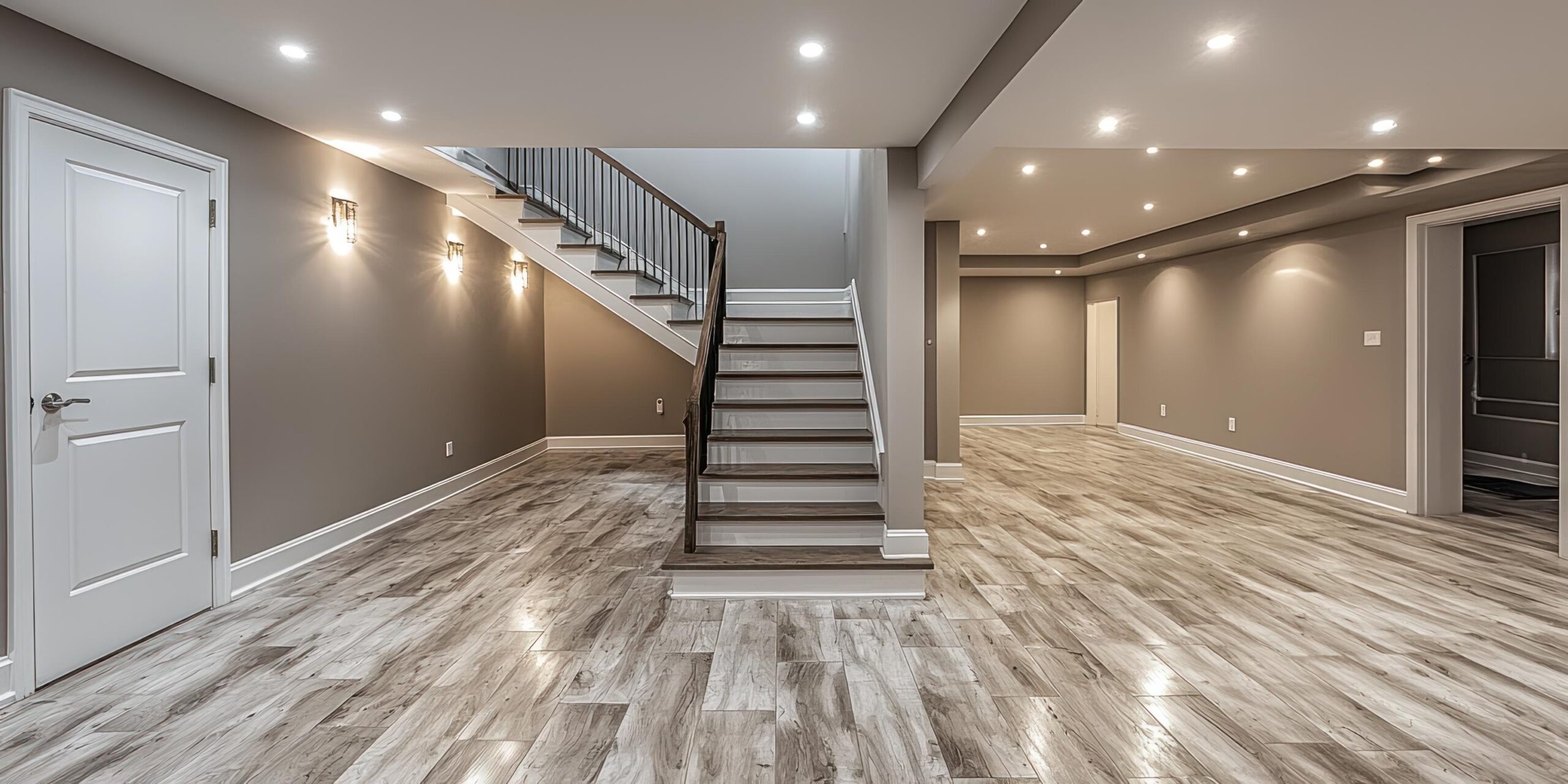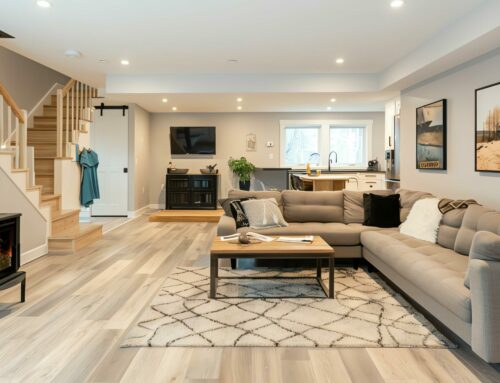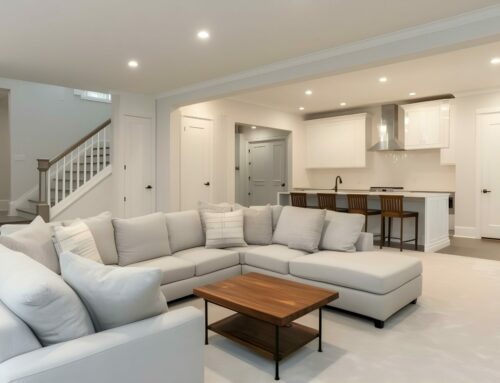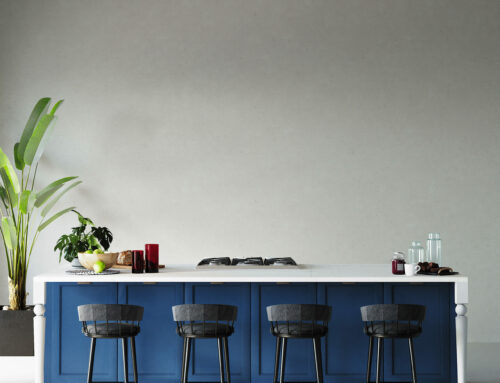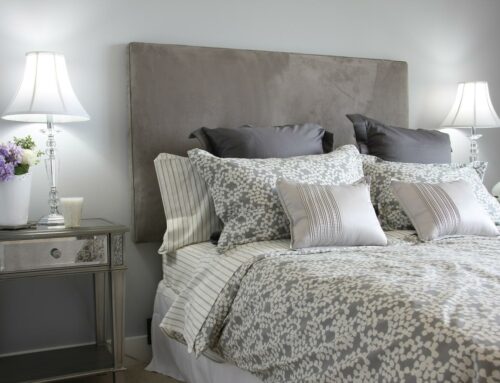When it comes to finishing your basement, flooring is one of the most important decisions you’ll make. Since basements have different conditions than other areas of the home—such as higher moisture levels and temperature fluctuations—choosing the right flooring is essential for durability, style, and comfort. But forget the standard carpet or basic vinyl! If you’re looking to create a truly unique and functional basement, there are plenty of creative flooring options to consider.
1. Luxury Vinyl Plank (LVP) for a High-End Look
Luxury Vinyl Plank (LVP) has become a favorite for basements, and for good reason. It mimics the appearance of real hardwood but is completely water-resistant and highly durable. If you want the warmth of wood without the risk of warping due to basement humidity, LVP is a fantastic choice. Plus, it comes in a variety of styles, from rustic oak to sleek modern finishes, so you can match your basement aesthetic perfectly.
Why Choose LVP?
- 100% waterproof and moisture-resistant
- Available in a variety of realistic wood and stone patterns
- Comfortable underfoot with built-in cushioning
- Scratch-resistant and durable for high-traffic areas
2. Stained Concrete for an Industrial-Chic Appeal
If you love the modern, minimalist look, stained concrete is a bold yet practical basement flooring option. Staining allows you to customize the color and finish, giving you endless design possibilities. It can be polished for a sleek look or textured to add character. And because it’s extremely durable and resistant to moisture, it’s perfect for basements prone to dampness.
Why Choose Stained Concrete?
- Low-maintenance and long-lasting
- Resistant to moisture, mold, and mildew
- Customizable with different stain colors and finishes
- Works well with radiant floor heating for added comfort
3. Engineered Hardwood for Classic Elegance
Hardwood floors may not seem like a practical choice for basements, but engineered hardwood changes the game. Unlike traditional wood, engineered hardwood has a stable core that resists moisture and temperature fluctuations. It gives you the warmth and sophistication of real wood while being far more basement-friendly than solid hardwood.
Why Choose Engineered Hardwood?
- More moisture-resistant than traditional hardwood
- Adds resale value and a timeless look
- Available in a variety of wood species and stains
- Can be installed as a floating floor over a moisture barrier
4. Rubber Flooring for a Multi-Use Space
If your basement serves multiple purposes—such as a home gym, playroom, or entertainment area—rubber flooring is an excellent choice. It provides superior comfort, shock absorption, and sound insulation. You can choose from interlocking tiles or rolls in various colors and patterns to fit your style.
Why Choose Rubber Flooring?
- Soft and cushioned for high-impact activities
- Water-resistant and easy to clean
- Reduces noise and adds insulation
- Great for home gyms, kids’ play areas, or game rooms
5. Cork Flooring for Warmth and Sustainability
For homeowners looking for an eco-friendly and cozy basement flooring option, cork is a hidden gem. It has a naturally warm feel, is soft underfoot, and provides excellent insulation against cold basement floors. Additionally, it’s resistant to mold and mildew, making it a healthy option for your home.
Why Choose Cork Flooring?
- Comfortable and naturally warm
- Sustainable and environmentally friendly
- Hypoallergenic and resistant to mold/mildew
- Provides natural soundproofing for a quieter space
6. Epoxy-Coated Floors for a Sleek, Waterproof Finish
If you want a low-maintenance, waterproof, and ultra-durable basement floor, an epoxy coating is worth considering. Epoxy creates a seamless, glossy finish that’s both stylish and incredibly strong. It’s ideal for basements used as workshops, entertainment spaces, or even modern living areas.
Why Choose Epoxy Flooring?
- 100% waterproof and highly durable
- Resistant to stains, chemicals, and wear
- Customizable with colors, flakes, and metallic finishes
- Easy to clean and maintain
7. Carpet Tiles for a Cozy, Customizable Feel
If you love the warmth of carpet but worry about basement moisture, carpet tiles are a great alternative. Unlike traditional wall-to-wall carpeting, carpet tiles can be individually replaced if they get damaged. They also allow for creative designs, mixing colors and patterns to create a personalized look.
Why Choose Carpet Tiles?
- Easy to replace individual tiles if stained or damaged
- Provides insulation and warmth underfoot
- Customizable designs with different colors and textures
- Some options come with built-in waterproof backing
Choosing the Right Flooring for Your Basement
Now that you know the best basement flooring options, how do you decide which one is right for your space? Here are a few key factors to consider:
- Purpose of the Basement: If it’s a gym, rubber flooring might be best. For an elegant lounge, engineered hardwood or LVP could be ideal.
- Moisture Levels: If your basement tends to get damp, stick with waterproof options like epoxy, LVP, or stained concrete.
- Comfort Needs: Want something soft underfoot? Cork or carpet tiles will give you that cozy feel.
- Budget: There’s a wide range of prices for basement flooring. Stained concrete and epoxy can be cost-effective, while engineered hardwood is on the higher end.
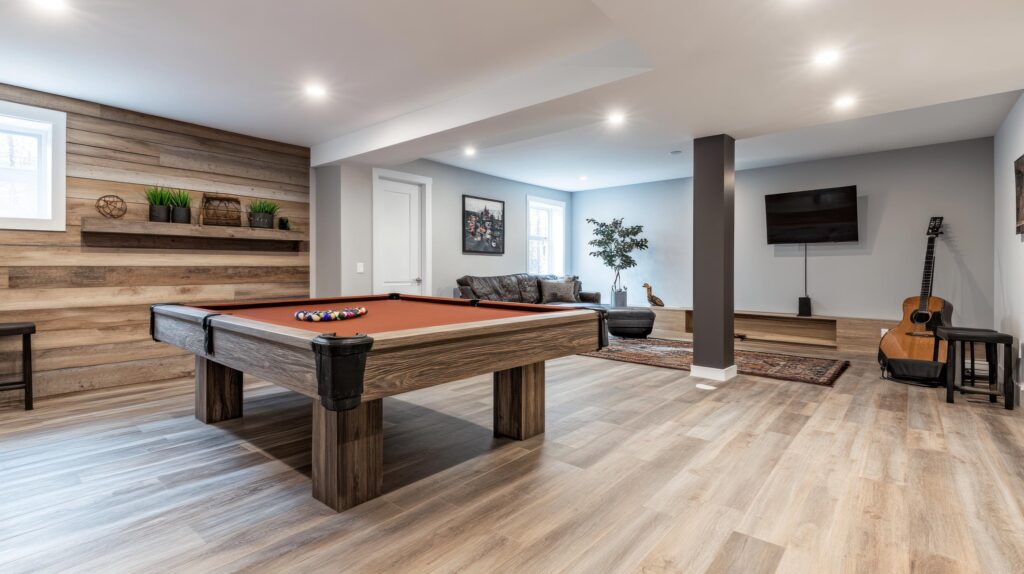
Ready to Elevate Your Basement?
Your basement doesn’t have to settle for boring flooring! Whether you prefer the sleek look of stained concrete, the warmth of engineered hardwood, or the versatility of LVP, there’s a stylish and durable basement flooring option for every space. By choosing the right flooring, you can transform your basement into a beautiful and functional extension of your home.
At Hawthorne Finished Basements, we help homeowners design and install durable, stylish basement floors that stand the test of time. Let’s bring your vision to life—contact us today to discuss your project!

